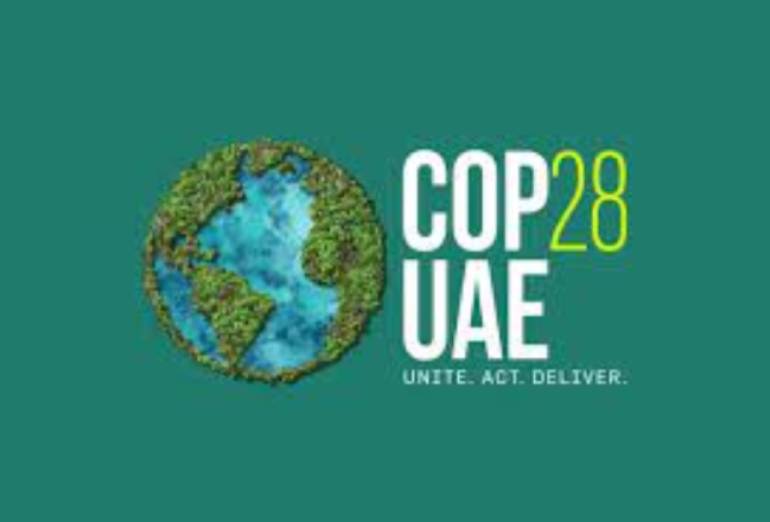The Indian G20 Presidency’s final stage will coincide with COP28, offering a unique chance to align its climate action outcomes with the COP28 agenda, according to Observer Research Foundation (ORF).
India and the UAE are prioritizing global climate action, promoting equitable green transitions, sustainable development, and inclusive growth. Consequently, India’s G20 presidency and UAE hosting COP28 are crucial for representing and elevating the Global South’s voices in global climate policy discourse.
The event will bring together global policy experts to discuss and propose solutions to issues slated for COP28 deliberations. The goal is to foster collaboration between these two forums to enhance global response to challenges preventing the swift and equitable advancement of climate action.
Thematic Pillars:
Energy Prosperity for All:
Global economies must prioritize energy equity and justice as they transition towards green and clean energy sources. The Indian G20 Presidency emphasized the need for modern, sustainable energy access, emphasizing the urgent need to address the trilemma of energy access, affordability, and sustainability.
Climate – Health – Gender Nexus:
The COP28 and India’s G20 presidency are focusing on the interplay of climate, health, and gender. Addressing climate change’s impact on vulnerable populations, especially in health outcomes and gender disparities, is crucial for effective climate action and sustainable development goals.
Climate and Technology:
Technological innovation is pivotal in tackling climate change and achieving the Sustainable Development Goals, ORF noted. The G20 promotes international cooperation, investment, and policy frameworks to expedite the adoption of climate-friendly technologies. Challenges in scaling up and deploying these technologies include securing financing, ensuring accessibility, and facilitating technology transfer to developing countries. COP negotiations are vital in promoting global technology transfer, safeguarding intellectual property rights, and enhancing capacity in developing nations.
Climate Finance:
Global climate finance currently lacks sufficient investments to support emerging and developing economies in pursuing net-zero trajectories. Moreover, the distribution of climate finance exhibits biases that put emerging and developing economies at a disadvantage. Climate finance primarily originates in the country of origin, with a significant portion allocated to mitigation efforts, while adaptation funding is disproportionately limited. Resolving these inequities is crucial for achieving feasible pathways for achieving the Paris Climate Targets.









